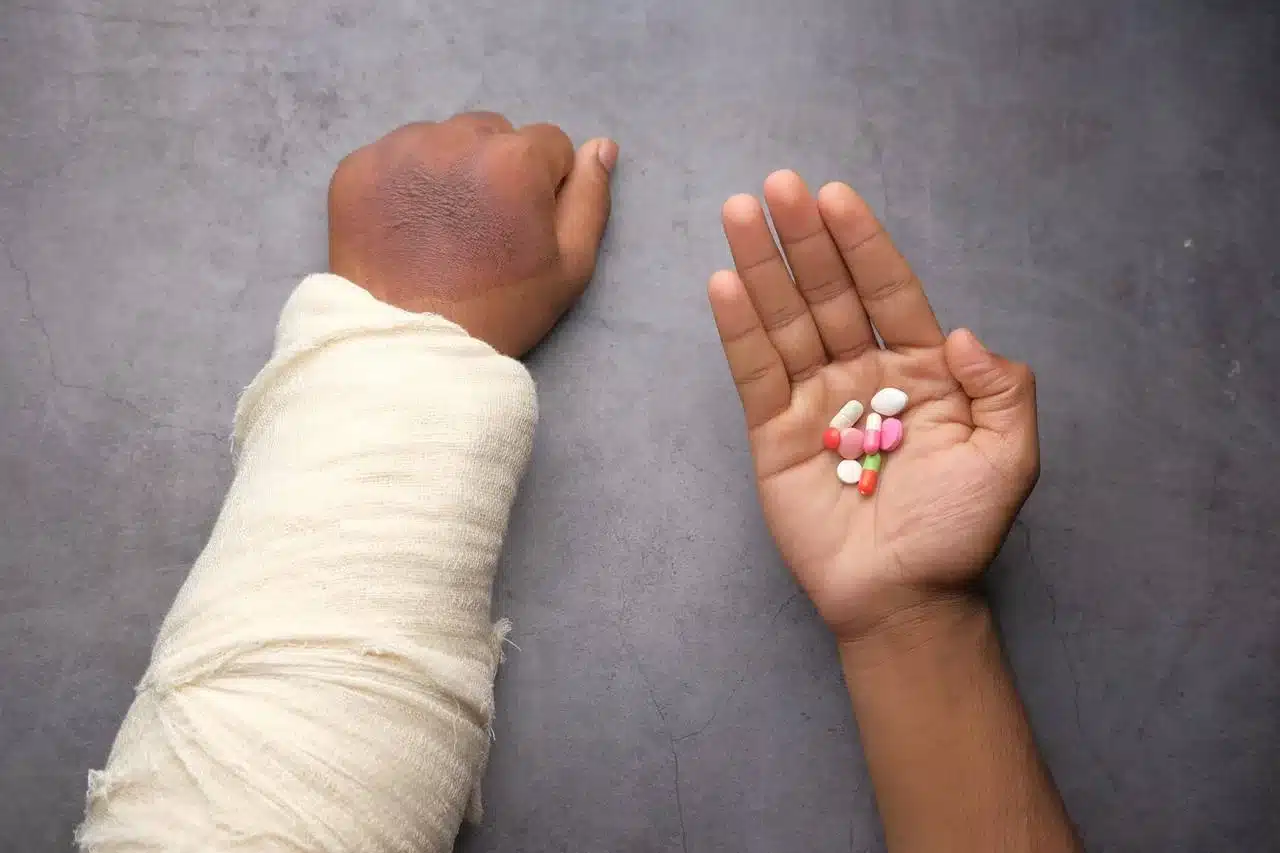How Social Media Can Impact Your Personal Injury Case

In today’s digital age, social media plays a significant role in our lives, but it can also impact legal proceedings, particularly in personal injury cases. What you post online can influence the outcome of your claim, sometimes in unexpected ways. Here’s a detailed look at how social media activity can affect your personal injury case and what you can do to protect your interests.
Understanding the Connection Between Social Media and Personal Injury Claims
Social media platforms like Facebook, Instagram, Twitter, and TikTok are often used to share personal updates and communicate with friends and family. However, these platforms can also be monitored by insurance companies, opposing parties, and their legal teams to gather information about your case. What you share online might be used as evidence in your personal injury claim.
Potential Risks of Social Media Use
Here are some ways social media activity can negatively impact your personal injury case:
- Contradicting Your Claims: Posts showing you engaging in activities that seem inconsistent with your claimed injuries can undermine your case. For example, if you claim severe back pain but post photos of yourself lifting heavy objects, it could be used to argue that your injuries are less severe than you claim.
- Exposing Personal Information: Sharing details about your daily life, social activities, or physical condition can provide opposing parties with information that might be used to challenge your credibility or the extent of your injuries.
- Inadvertently Admitting Fault: Social media posts can sometimes contain statements or comments that may be interpreted as admissions of fault or responsibility, which can be detrimental to your case.
How Insurance Companies Use Social Media
Insurance companies and their investigators often review social media profiles to find evidence that could affect your claim. They might look for:
- Photos or Videos: Visual evidence that contradicts your injury claims, such as pictures of you participating in physical activities or events.
- Status Updates and Comments: Statements about your condition, activities, or interactions that may be used to argue that you are not as injured as you claim.
- Interactions with Others: Conversations or posts that might be interpreted as minimizing the impact of your injuries or discussing the case in a way that could be used against you.
Best Practices for Managing Social Media During a Personal Injury Case
To avoid compromising your personal injury claim, consider these best practices:
- Limit Your Posts: Avoid posting about your injury, medical condition, or legal case. It’s best to keep your social media activity general and unrelated to the accident.
- Review Privacy Settings: Check and adjust your privacy settings to limit who can see your posts. However, be aware that privacy settings are not foolproof, and information might still be accessible.
- Be Cautious with Sharing: Even seemingly innocent posts or comments can be scrutinized. Consider the potential implications of what you share and how it might be perceived.
- Avoid Discussions About the Case: Refrain from discussing the details of your case or injury with anyone online, including friends and family.
Consulting with Your Attorney
Before making any social media posts or engaging in online activity during your personal injury case, consult with your attorney. They can provide guidance on:
- What to Avoid: Specific social media practices that might impact your case.
- Managing Online Presence: Strategies for managing your online presence to protect your legal interests.
- Responding to Social Media Issues: How to handle any social media-related issues or evidence that may arise during your case.
Potential Consequences of Social Media Missteps
Failing to manage your social media presence carefully can lead to:
- Reduced Compensation: Your case value might be reduced if evidence from social media is used to argue that your injuries are not as severe as claimed.
- Damaged Credibility: Social media posts can damage your credibility and weaken your position in negotiations or court.
- Legal Challenges: Opposing parties may use social media evidence to challenge the validity of your claims, leading to more complicated legal proceedings.
Conclusion
Social media can have a significant impact on your personal injury case, often in ways you might not anticipate. By understanding these potential risks and following best practices for managing your online presence, you can help protect your case and ensure that your social media activity does not inadvertently affect the outcome of your claim. Always consult with your personal injury attorney to navigate social media issues effectively and safeguard your legal interests.
